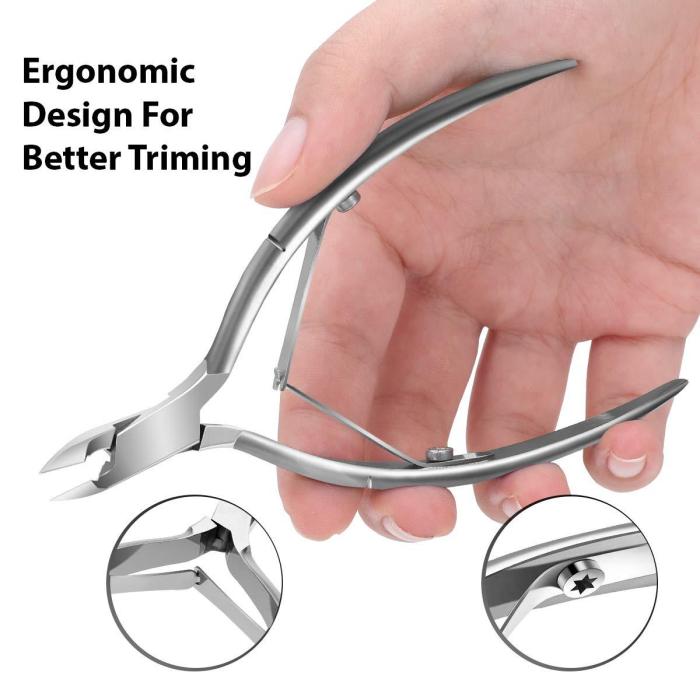Best luxury car features are not just about high price tags; they embody a blend of comfort, technology, and exclusivity that transforms every journey into a remarkable experience. As consumers increasingly seek vehicles that offer more than just transportation, the significance of luxury features continues to grow in the automotive market. From plush seating to cutting-edge safety technologies, luxury cars set themselves apart from standard models through their meticulous craftsmanship and innovative designs, with brands like Mercedes-Benz, BMW, and Audi leading the charge.
In this exploration of luxury car features, we delve into the essential elements that define these vehicles, including advanced comfort options, state-of-the-art technology integration, and impressive performance capabilities. By understanding what makes a luxury car truly luxurious, buyers can make informed decisions that align with their lifestyle and preferences.
Overview of Luxury Car Features: Best Luxury Car Features
Luxury car features encompass a range of high-end elements designed to enhance the driving experience and differentiate these vehicles from standard models. In the automotive market, luxury features are significant as they not only signify status but also reflect superior engineering, comfort, and cutting-edge technology. Key elements that set luxury cars apart include premium materials, advanced technology, superior performance capabilities, and bespoke customization options. Renowned brands like Mercedes-Benz, BMW, and Audi are often cited for their lavish offerings, exemplifying the pinnacle of automotive luxury.
Comfort Features

Seating comfort and material quality are paramount in luxury vehicles, as they directly influence the passenger experience. High-quality leather, ergonomic design, and ample legroom contribute to a serene driving atmosphere. Climate control systems also play a critical role in luxury cars, allowing for precise temperature adjustments and multi-zone systems that cater to individual preferences. Unique comfort features that are often highlighted include heated and cooled seats, massaging seat functions, and ambient lighting that enhances the overall ambiance.
Advanced Technology Integration
The latest technological innovations in luxury vehicles are designed to provide seamless connectivity and enhanced convenience. Infotainment systems across different luxury brands offer a plethora of features, such as touchscreens, voice recognition, and smartphone integration. For example, brands like Tesla and Mercedes-Benz are leading the charge with their advanced infotainment interfaces. Moreover, driver assistance technologies, including adaptive cruise control and lane-keeping assist, not only enhance safety but also improve the overall driving experience by making it more enjoyable and less stressful.
Safety Features
Advanced safety systems are a hallmark of luxury cars, integrating cutting-edge technology to protect passengers. Features such as automatic emergency braking, blind-spot monitoring, and 360-degree cameras are commonly found in these vehicles. Some luxury models, like the Volvo S90 and the Audi A8, have received top safety ratings from leading organizations, demonstrating the industry’s commitment to safety. The incorporation of these advanced safety features significantly impacts the overall driving experience, allowing drivers to feel more secure and confident on the road.
Performance and Handling
Performance characteristics that define luxury cars often include powerful engines, refined handling, and superior acceleration. Luxury vehicles strike a balance between power and comfort, providing a driving experience that is both exhilarating and smooth. Advanced suspension systems, such as adaptive air suspension and dynamic dampers, are crucial in maintaining ride quality, ensuring that the vehicle can navigate various terrains without compromising comfort.
Design and Aesthetics, Best luxury car features
The design philosophy behind luxury car exteriors and interiors focuses on elegance, sophistication, and attention to detail. Materials such as premium leather, handcrafted wood, and high-grade metals are commonly used in luxury car craftsmanship. Iconic designs, such as the sleek silhouette of the Aston Martin DB11 or the bold stance of the Lexus LC, have set trends in the automotive industry, influencing future models and consumer preferences.
Customization Options
Personalization is a significant benefit of luxury vehicles, allowing owners to tailor their cars to match their individual tastes and preferences. Typical customization features include bespoke interior materials, unique paint colors, and personalized stitching options. Case studies of bespoke luxury vehicles, like the Rolls-Royce Phantom or the Ferrari Monza, illustrate how brands cater to affluent clients with meticulous attention to their specifications, resulting in one-of-a-kind creations.
Environmental Considerations

The rise of hybrid and electric luxury vehicles reflects a growing commitment to sustainability within the automotive industry. Many luxury brands are integrating eco-friendly technologies, such as regenerative braking and energy-efficient powertrains, into their models. Brands like Porsche and BMW are at the forefront of sustainability initiatives, offering hybrid versions of their popular models while maintaining their luxurious appeal.
Last Point

In summary, the allure of luxury cars extends far beyond aesthetics; it encompasses a comprehensive package of features designed to enhance comfort, safety, and performance. As the automotive industry continues to innovate, the emergence of eco-friendly luxury vehicles also reflects a growing commitment to sustainability. Whether it’s through advanced customization options or the latest tech integrations, the best luxury car features cater to discerning drivers who value both extravagance and efficiency in their automotive choices.